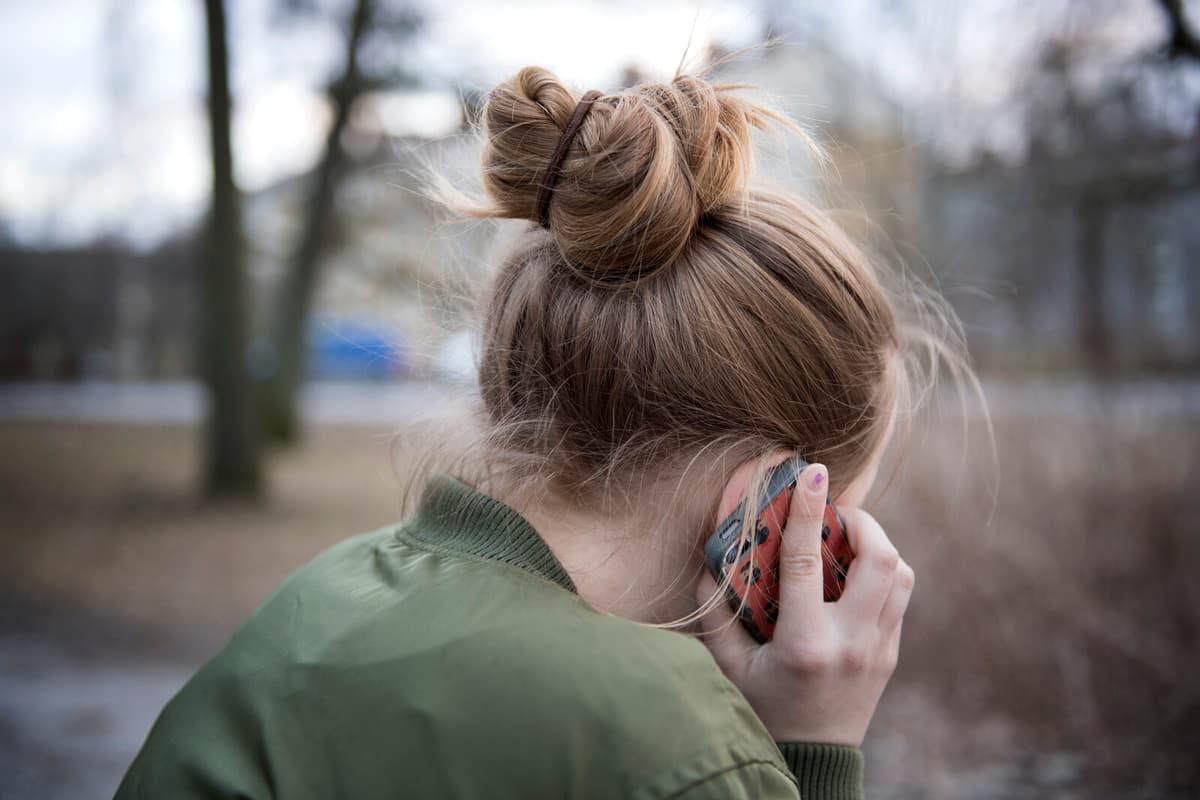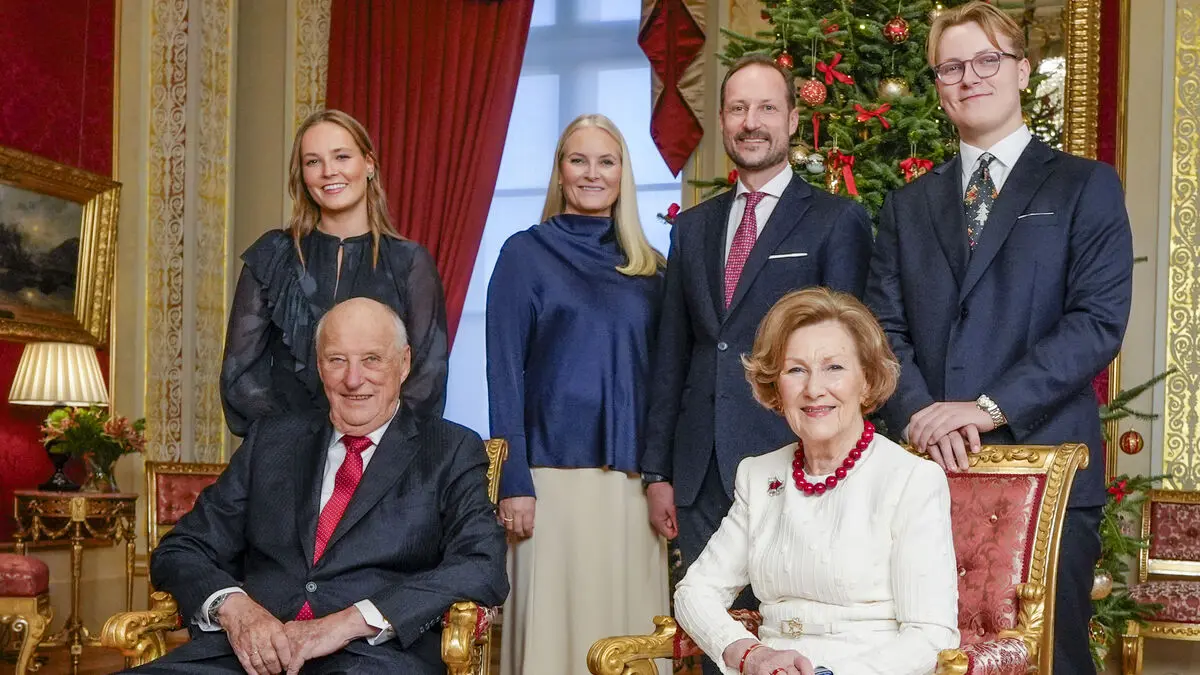The spring term is underway after the Christmas holidays, but the notion of Christmas as a time of togetherness, joy, and rest is the exact opposite for many of the children who contact Barnens rätt i samhället (Bris).
Total calls to Bris increased by 23 percent compared to last Christmas.
Bris has never received as many calls during any Christmas holiday before. It says something about the great need for support among children in general, and it becomes particularly clear during holiday periods, says Magnus Jägerskog, Secretary-General of Bris.
What stands out in the contacts with Bris during the holidays is family conflicts and violence and exposure at home.
Many of the calls are specifically related to alcohol, to parents who drink too much. In 25 percent of all contacts we have with children, we refer them to other functions in society. In the really tough situations, we try to encourage children to abandon their anonymity so that they can get help. Some choose to do so, others do not, says Magnus Jägerskog.
Long phone queue
The children's rights organization was staffed around the clock even during the Christmas holidays, but despite this, not all calls got through.
There are calls at all hours of the day and night, and there is a queue for most of the day, so how many children we can provide support to is a question that depends on the resources we have, says Magnus Jägerskog.
Since Bris introduced around-the-clock staffing for the national support line in 2021, the number of calls about mental health issues such as anxiety, depression, eating disorders, self-harm, and suicidal thoughts has increased significantly.
Lowering the threshold
The common thread in the contacts with Bris is, according to Magnus Jägerskog, that the child lacks an adult to talk to in their daily life.
The fact that calls to Bris have increased is good in the sense that it means more children have received support, but it also says something about the need for support that society is not quite meeting.
Concretely, Bris wants to lower the threshold and enable conversation support in schools, student health, and leisure centers.
It is clear that many do not feel that there is someone they can turn to in their daily life, but we can all be an important adult and ask how a young person is doing. It is an important insight for the new year, says Magnus Jägerskog.
Advertisement
2022 – 2,368 contacts
2023 – 2,682 contacts
2024 – 3,310 contacts
Source: Bris






